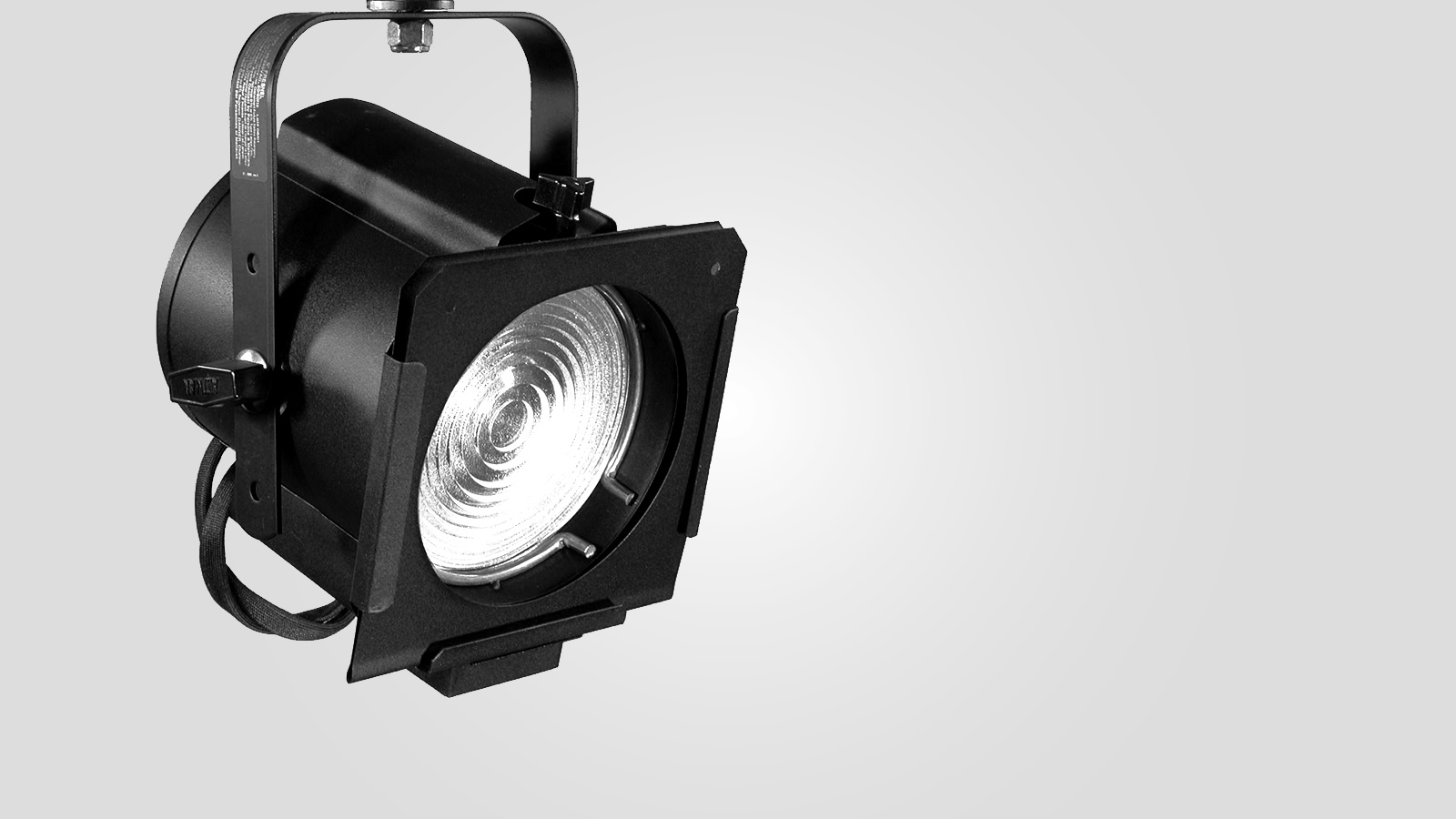A seasoned playwright throws his characters into onerous circumstances, forces them to make difficult decisions, and then watches them fight to survive. This is true for tragedy and comedy; the only difference is whether the conflict is played for pathos or laughs. The tragedy of Sophocles’ Oedipus Rex (Will Oedipus discover who killed his father and clear his own name?) and the comedy of Patrick Brown’s Puppy Love (Will Dick escape his teenaged lover and clear his own name?) share the same root—a character facing long odds.
The downfall of Karl Hart’s fourth play is that the odds aren’t long enough. In Backstage, a fictional cast and crew take a show from script to stage. We see a reading of the script, a number of rehearsals, some dressing-room undressing, and segments of the inscribed show, Just Soups. But we never get a sense that the show is truly endangered. It’s not that Mr Hart doesn’t provide obstacles, but that the obstacles are too easily overcome. The characters worry, but we never do. The whole thing trundles implacably towards opening night. Given the many obstacles Mr Hart must have overcome to get Backstage on the stage, this is a minor tragedy in and of itself.
Backstage combines two potent tropes. The first is the let’s-put-on-a-show plot device, which usually lends a natural momentum to the story, as time ticks away. (Judy Garland and Mickey Rooney launched careers on these stories.) The second, related trope is the use of a play-within-a-play, which allows for self-reflexivity. (Hamlet recreates his father’s murder in a play to enrage his uncle, and Michael Frayn’s hilarious 1982 play Noises Off features three failed performances of its farce-within-a-farce.)
Backstage squanders the potential of both techniques. One of the better scenes has the actors adjusting their performances according to the director’s shouted instructions. A funny idea, but Mr Hart only finds a handful of punchlines, leaving dozens more to waste. And throughout, we are left to guess, infer or remember how much time remains, when an overt indicator (a calendar? repetition?) would hint at impending disaster.
The real actors, left without guidance by their real director Nicole Williams (in her debut), do what actors do when left to themselves—anything they want. Thus Brian Johnson reprises his over-enunciated anger from Glass Routes; Gracia Thompson reprises her affectations from Smile Orange; Peter Heslop reprises Peter Heslop from any of his last several roles; and Nyanda Cammock watches them while looking good. This is mostly Ms Williams’ fault, not theirs. In fact, all four are so naturally likable on the stage the result is still watchable. Thompson is dignified, Cammock and Johnson have chemistry and Heslop’s face is a comic study.
So instead of the “double serving of exceptional theatre” promised in the programme, Backstage feels half as fascinating as it could have been, with missed opportunities in the script, direction and characterizations. But there is yet a bit of drama to unfold. Having thrown his work into onerous circumstances, and been forced to make difficult decisions (one performance was already cancelled), Mr Hart now has to watch Backstage fight to survive.
- Backstage
- Written by Karl Hart
- Directed by Nicole Williams
- Playing at Pantry Playhouse
